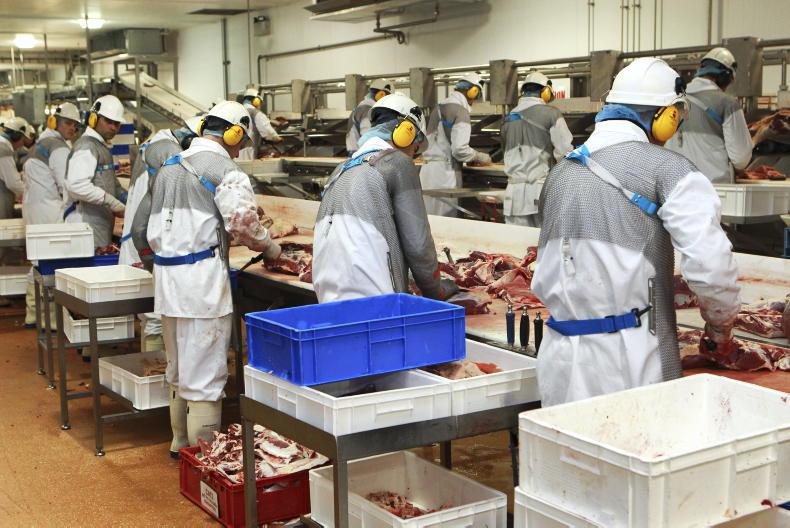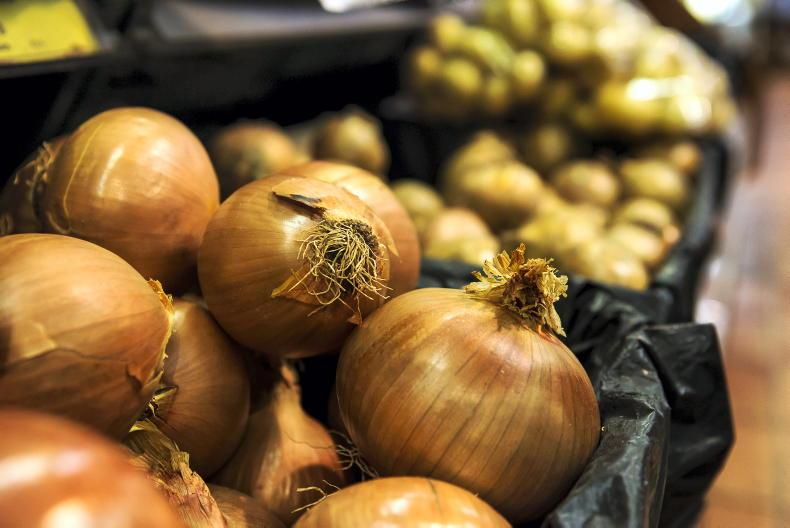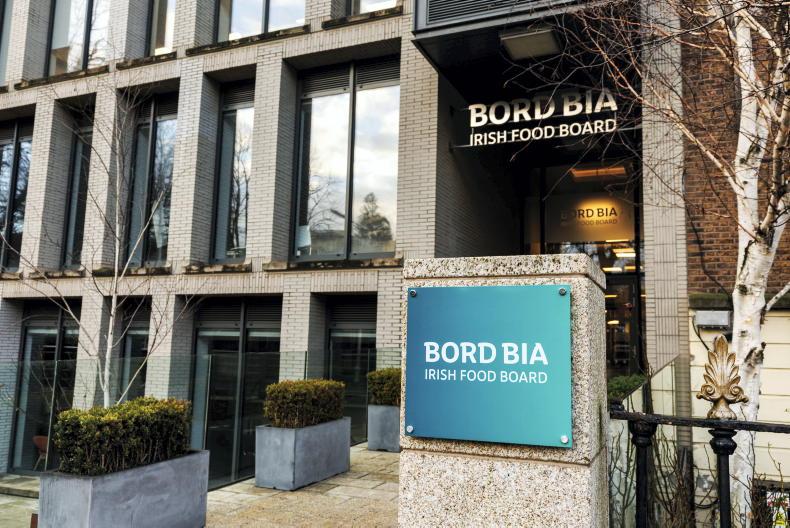Price-taking mushroom farmers could be facing their “second Brexit” after a High Court ruling on the extraction of horticultural-grade peat left the possibility open that more mushroom growers will have to purchase imported peat in which to grow their crops, Irish Farmers' Association (IFA) mushroom chair Gerard Reilly has said.
The increased costs of production associated with shipping this peat from abroad could threaten the viability of the 80% of Irish mushroom growers that operate under already low margins to supply the UK market, according to Reilly.
“Peat [supplies] will certainly get tighter. Harte Peat could be supplying maybe 80% of growers and there are currently no alternatives available in Ireland,” Reilly told the Irish Farmers Journal.
Domestic hit
The mushroom chair's comments come after a High Court decision could impact domestic supplies of mushroom-grade growing peat.
“Imported peat would be maybe three times the cost of peat now. In England, our mushroom growers are price-takers. They are competing with other countries, the Netherlands and Poland in particular,” he claimed.
“It is a low-margin sector. The price can’t be passed on when you are a price-taker. This could be another Brexit for growers,” the IFA mushroom chair commented.
An industry source has told the Irish Farmers Journal that growers are reporting paying €30/m² plus haulage for Irish-produced mushroom-grade peat.
Prices in the region of €160/m² plus haulage were quoted for imported mushroom peat, this source said.
Harte Peat
The concerns come as the High Court ruled that Harte Peat must cease horticultural peat extraction on sites in Westmeath, Cavan and Monaghan after the Environmental Protection Agency (EPA) applied for injunctive relief on these activities.
The mushroom sector supplier had contended that as none of the individual areas from which peat was being harvested for horticultural purposes exceeded 50ha, it had not been legally required to seek an EPA license to extract peat on the sites in question.
The EPA argued that the extent of the activities undertaken by Harte Peat exceeded the threshold required for such licensing requirements.
It was ruled that as all of the bogs from which the peat was being harvested drained into the River Inny, they share a hydrological connection and, as such, could be combined in the EPA’s assessment of whether the 50ha threshold for licensing had been met.
'Piecemeal' approach by Government
The ruling judge did recognise that ambiguity had surrounded areas of the regulations on peat extraction and that the State had failed to concrete aspects of European law on the legal requirements of peat extraction.
“In my view, it is not Harte Peat’s fault that the law in relation to peat regulation in the State has been in a state of flux and has changed even while its application for a licence was pending before the Agency,” Justice Siobhán Phelan stated in her judgement.
Due to a “piecemeal and ineffective approach of the State to its [peat extraction] regulation”, historic breaches of the requirements around peat extraction could not be considered gross even though the environmental impact of extensive peat extraction “may be enormous”, Justice Phelan commented.
“The responsibility for the State’s failure of effective regulation lies elsewhere,” the judgement added.
Harte Peat has been contacted by the Irish Farmers Journal for comment on the ruling.
Sustainability credentials
Bord Bia told the Irish Farmers Journal that it recognised that the horticulture sector faced challenges in securing supplies of peat.
“Legal and regulatory requirements related to peat extraction are and will create challenges for the horticulture industry going forward, which will now have to be worked through,” Bord Bia said in its statement.
It also acknowledged that the peat was “critical” for certain aspects of the horticultural sector at present.
“The use of peat in fresh produce production is critical for mushroom growing and propagation of young plants for vegetables.
"In this context, peat is used internationally as a key ingredient in these production systems. Traditionally, this demand has been met from local supply,” it said.









SHARING OPTIONS